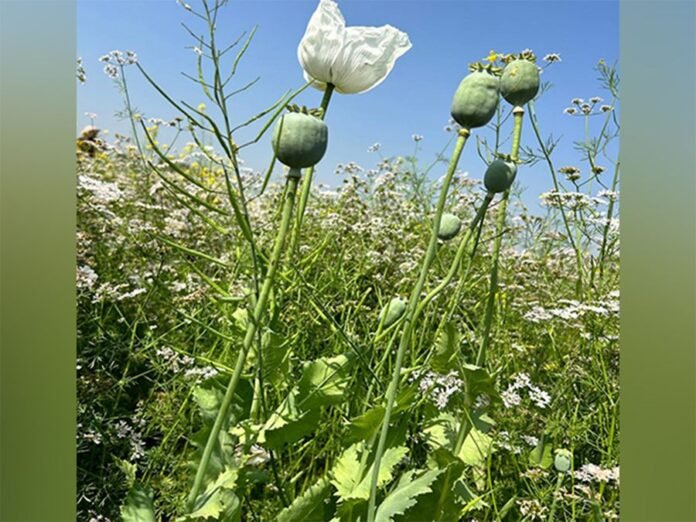India Boosts Opium Poppy Cultivation Licenses for 2025-26: More Farmers to Benefit
The Indian government has rolled out its annual licensing policy for opium poppy farming in the crop year 2025-26, running from October 1, 2025, to September 30, 2026. This move targets farmers in Madhya Pradesh, Rajasthan, and Uttar Pradesh, helping them grow opium poppies under strict controls.
Opium poppy cultivation plays a key role in producing essential alkaloids—vital ingredients for legal medicines like painkillers and treatments for serious illnesses. The government tightly regulates this to ensure a steady supply for pharmaceuticals while preventing misuse.
Under the new policy, around 1.21 lakh farmers qualify for licenses, marking a 23.5% jump from last year’s actual issuances. That means about 15,000 more farmers can now join opium farming and earn from it, boosting rural incomes in these states.
The policy keeps things fair and efficient. For starters, it retains licenses for existing opium gum cultivators who hit an average morphine yield of 4.2 kg per hectare or higher. Farmers with yields between 3.0 kg and 4.2 kg per hectare get a chance to switch to the Concentrate of Poppy Straw (CPS) method, growing unlanced poppy straw with a five-year license.
Digitization of farmer data since 1995-96 has made the process more inclusive. Even small or marginal farmers from earlier years can now apply if they meet relaxed eligibility rules, ensuring no one gets left out.
To encourage top performers, the government offers incentives. Farmers who achieve 900 kg per hectare or more in unlanced poppy straw production can opt for traditional opium gum cultivation. This switch aims to ramp up opium yields and cut down on risks like illegal diversion from fields.
On the flip side, licenses for CPS cultivators who fell short of the minimum qualifying yield (MQY) of 800 kg per hectare in 2024-25 will face suspension for the upcoming year. It’s all about maintaining quality and standards.
The government is also upgrading its facilities to handle growing demands. A big win this year: the Government Alkaloid Factory in Neemuch earned WHO GMP certification, ensuring top-notch production of narcotic drugs.
This opium cultivation policy reflects India’s push for self-reliance in medical supplies, balancing farmer support with public health needs. As the country eyes better yields and more inclusive growth, these steps could transform lives in poppy-growing regions.
Stay informed on all the latest news, real-time breaking news updates, and follow all the important headlines in world News on Latest NewsX. Follow us on social media Facebook, Twitter(X), Gettr and subscribe our Youtube Channel.



